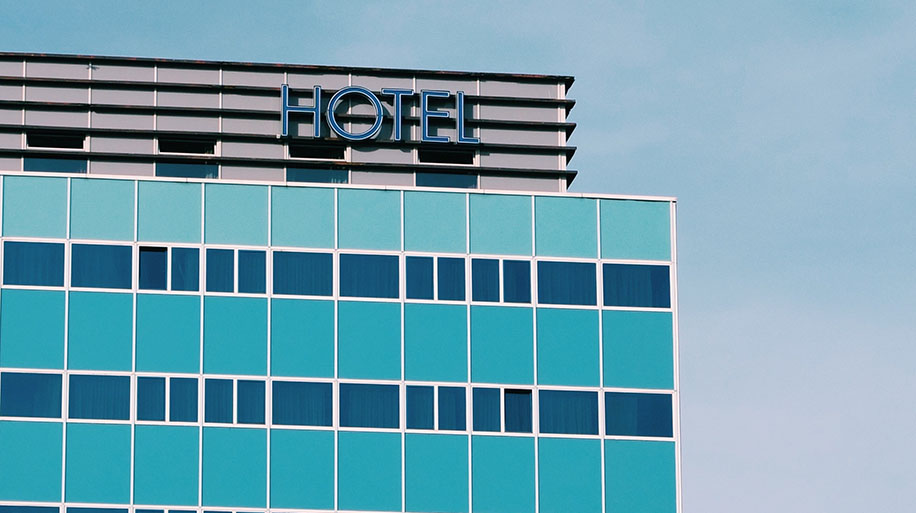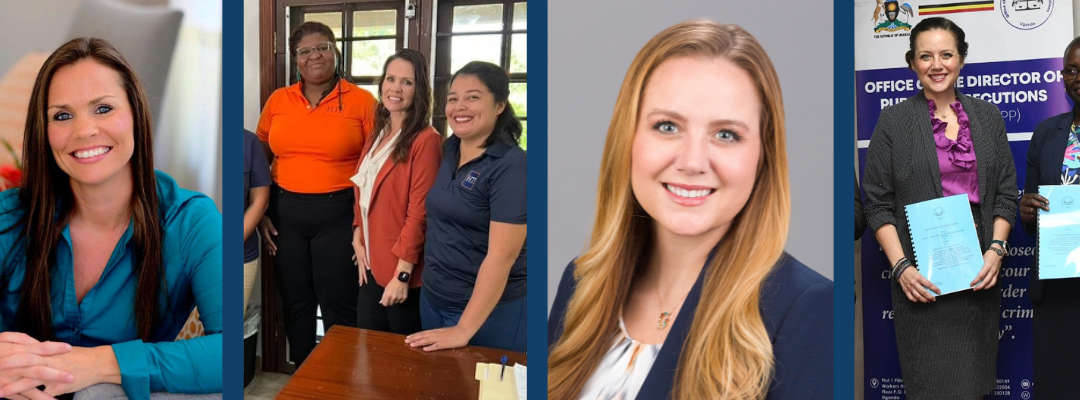The 2019 Federal Human Trafficking Report, which was released on May 26, revealed an increase in both criminal and civil human trafficking suits brought against hotel chains in 2019. The Report, a project of the Institute, is a continuation of the Institute’s efforts to provide comprehensive data about every criminal and civil human trafficking case that federal courts handle each year.
In 2019, there were a total of 606 criminal human trafficking cases in U.S. federal courts (including new cases, pending cases, and cases on appeal) with a total of 1,058 total active criminal defendants. Of this total, only three—fewer than 1%—were entities. They were Omram, LLC (operating a Best Choice Inn), and Pocono Plaza Inn, along with its operating company, Om Sri Sai, Inc. All were charged in sex trafficking cases, and two of these entity defendants were new in 2019. While this number is low, it reflects a record number of new entity defendants for the past three years.
In comparison, there were 88 total civil human trafficking suits filed in 2019, 26 in which hotels were named as defendants 125 times. The accused hotels ranged from budget chains such as Motel 6 and Red Roof Inn to luxury hotels such as the Four Seasons. Each suit alleged these hotels benefited from sex trafficking activities that took place within their establishments. Several suits noted that hotel defendants actively participated in the trafficking scheme.
Of the criminal sex trafficking cases active in 2019 in which the commercial sex took place at a hotel, 159 named a specific hotel. Public sources named the following hotel chains: America’s Best Value Inn, Best Western, Budget Suites, Comfort Inn, Crowne Plaza, Days Inn, Econo Lodge, Express Inn, Extended Stay America, Hampton Inn, Hawthorn Suites, Holiday Inn, Homewood Inn & Suites, Howard Johnson, Knights Inn, La Quinta, Marriott, Ramada Inn, Relax Inn, Sheraton, Super 8 Motel, Travelodge, and Value Place/WoodSpring Suites.
Highlights from the 2019 Report:
- 94.9% of active criminal cases were sex trafficking, while 5.1% were forced labor.
- Traffickers used coercive means especially affecting foreign nationals in active criminal forced labor cases, including threats of deportation (44.8%), withholding immigration documents (44.8%), and exploitation of language barriers (17.2%).
- 32.1% of active criminal forced labor cases took place in the domestic work industry, with 17.9% in both agriculture and restaurants/food industries, and 7.1% in both bars/clubs/cantinas and construction.
- In active criminal sex trafficking cases involving a completed commercial sex act, the sex act took place at a hotel 80% of the time. The next most frequently mentioned locations for commercial sex acts were residences (35.9%), vehicles (8.1%), and brothels (3.8%).
- More than half of entity defendants in civil suits were hotels. The next most sued entities were technology companies, governments or government contractors, and educational or research institutions.
“The Federal Human Trafficking Report helps practitioners and the public alike see how, where, and under what circumstances the United States is holding traffickers accountable in the federal system,” said Lindsey Roberson, Institute Senior Legal Counsel and 2019 Report Editor.
The 2019 Report builds upon the 2017 and 2018 Reports by including data from selected years in federal human trafficking law and enforcement. This includes cases initiated in 2000, when the Trafficking Victims Protection Act (TVPA) was enacted and the following eight years, as well as cases filed in 2015 through 2019.
“The Federal Human Trafficking Report is providing objective data to inform discussions by policymakers, researchers, journalists, and nonprofit leaders,” said Victor Boutros, Institute CEO. “Last year’s report was used as a resource by national media outlets, in reports by leading nonprofit organizations, and by government agencies and international organizations. One government leader described it as the most reliable cross section of human trafficking data within the United States. Our goal is to continue to fill this needed gap in data collection to support trafficking prosecution in the United States, while also providing a vision for this type of data collection in other countries.”
The 2019 Federal Human Trafficking Report’s findings are not a prevalence estimate of trafficking in the United States, but instead serve as an objective summary of how the federal system holds traffickers accountable for their exploitative conduct. The Report does not capture data from state prosecutions, state civil suits, or unreported human trafficking cases.
A team of seven attorneys and six law school students reviewed every human trafficking case in the federal court system in 2019. Court documents, press releases, and news sources were reviewed, and prosecutors across the country were consulted, to gather a comprehensive set of data that includes: type of trafficking case, profile of the trafficker, details about the trafficking scheme, age of the victim, and district where the case took place, among others. The complete report can be downloaded here.




